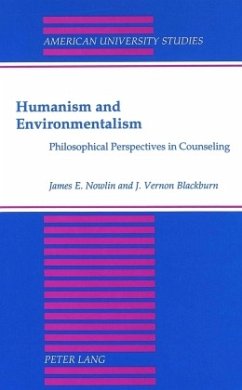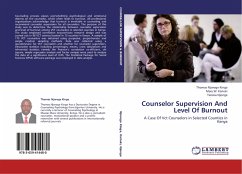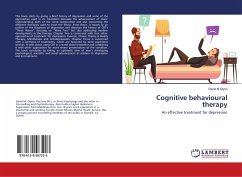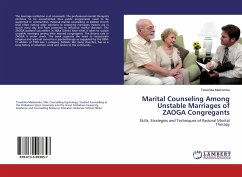This notable book bridges the long existent gap between counseling theory and practice. It accomplishes this task by examining the philosophical foundations that underlie both counseling theory and practice. Counseling has been very reticent to examine its own basic presuppositions. This book offers valuable insights into the necessary relation of philosophy and counseling theory. Counseling is often 'crisis' driven. These crises often drive the 'what' (theory and practice) to the forefront of the discipline. This significant volume gives counselors an opportunity to deal with the 'whys' (philosophy) of counseling as they struggle to come to grips with their professions.
Bitte wählen Sie Ihr Anliegen aus.
Rechnungen
Retourenschein anfordern
Bestellstatus
Storno








